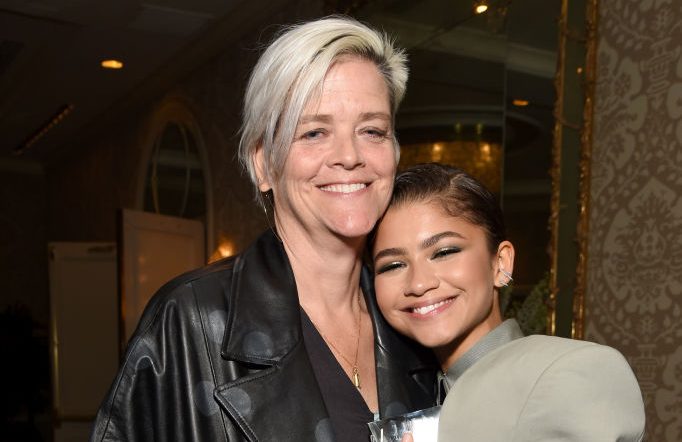Do You Celebrate Kwanzaa? - Page 5
Share the post
Share this link via
Or copy link
Every year on December 26th, the first day of Kwanzaa begins. Did you know that? Do you care? Do you celebrate Kwanzaa?
Kwanzaa is perhaps one of the most misunderstood/controversial celebrations of the holiday season. Some dismiss it as not being a “real religion” (ummm, it was never presented as a religion) and some think it is only for crazy militant types (no blood shed required in the seven principles).
So what is Kwanzaa? It must be something other than the basis for countless plays and presentations in inner-city schools, right?
Love MadameNoire? Get more! Join the MadameNoire Newsletter
We care about your data. See our privacy policy.
Kwanzaa is a seven-day holiday beginning December 26 and ending on New Year’s Day. Dr. Maulana Karenga created Kwanzaa in 1966 as a way for African Americans to celebrate and explore their African heritage. On each of the seven days, a new principal is celebrated and acknowledged, a candle is lit and gifts related to literature and African heritage are exchanged. That’s the basic nuts and bolts of it.
So, what are the seven principles?
Each day, the question “Habari gani?” (“What’s the news” in Swahili) is answered with the principle for that day. Here are the seven principles in Swahili and English:
1. Umoja– Unity
2. Kujichagulia– Self Determination
3. Ujima- Collective Work and Responsibility
4. Ujamma– Cooperative Economics
5. Nia– Purpose
6. Kuumba– Creativity
7. Imani– Faith
Do you have to wear a dashiki?
If you do a Google image search for Kwanzaa, you’ll find A LOT of pictures of people in dashikis and head-wraps, but there is actually no wardrobe requirement. No need to find a pink sparkly dashiki in your size (though that just might be the “it” thing next season). However, there are a few items you should have on hand for your Kwanzaa celebration.
1. Mazao (The Crops)
Symbolizes harvest
2. Mkeka (The Mat)
Symbolizes a solid foundation
3. Kinara (The Candle Holder)
Symbolizes roots
4. Muhindi (The Corn)
Symbolizes the future
5. Mishumaa Saba (The Seven Candles)
Symbolizes the seven principles
6. Kikombe cha Umoja (The Unity Cup)
Symbolizes the practice of unity
7. Zawadi (The Gifts)
Symbolizes labor and love
That’s really about it for Kwanzaa. Now that you know the basics, is it something you would ever consider celebrating?
If you want to learn more about Kwanzaa, click here.
-

Meet Dominique Fils-Aimé, The Haitian-Canadian Star Redefining Jazz For A New Generation: ‘This is My Vision' [Exclusive]
-

Cooking With Purpose — How Brittney Williams Honors Her Caribbean Roots Through Food
-

9 Famous Lesbian Women Who Were Married To Men
-

Purpose Behind The Lens: How Nate Edwards Films The Extraordinary Inside The Everyday








